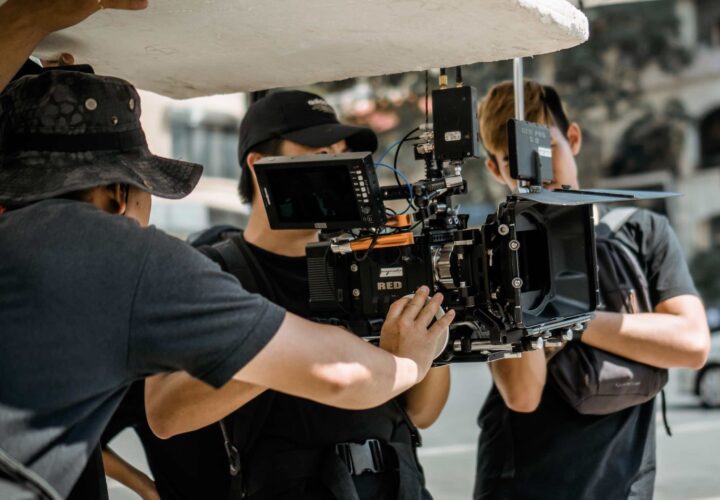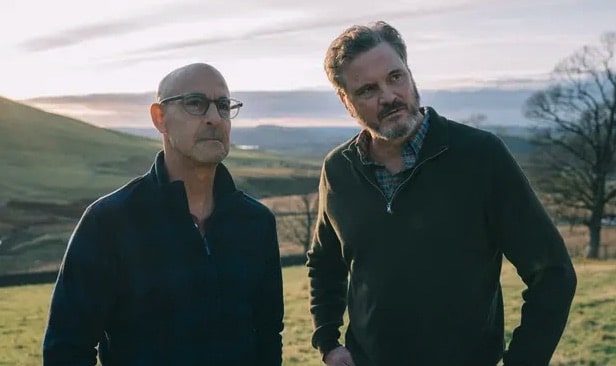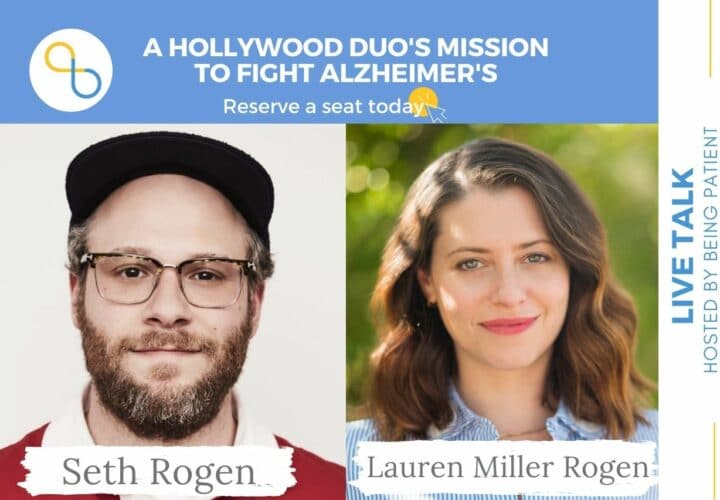As the prevalence of Alzheimer’s grows, so does its impact on younger people. Raising awareness has proven difficult, but Hollywood award-winning movies have taken a step in showcasing the intricacies, and terrifying faults, of life with Alzheimer’s and dementia.
The leading cause of dementia is Alzheimer’s, a terminal neurodegenerative disease affecting one in nine people in the U.S. the age of 65 and older, and nearly three quarters of those 75 and older. And for most every person with a diagnosis, there is often a network of friends and family who also live with the disease’s impacts.
As Alzheimer’s grows more prevalent more quickly, it touches the lives of more — and younger — people. A report from 2017 found that one in four caregivers are between the ages of 18 and 34, and one sixth of those are caring for a person living with Alzheimer’s or a related dementia. As the population affected by dementia expands, Hollywood is beginning to find ways to keep up, telling stories that reflect their varied experiences — and in the long run, these stories can educate the public about the disease toward combating the stigma many people with dementia diagnosis experience.
This year, actor Anthony Hopkins just won an Oscar for “The Father,” a film where a man (Hopkins) denies help from his daughter as he grows older. Soon, he began to doubt the ones around him and himself, while the “fabric of his reality” began to shift. Meanwhile, “Supernova,” starring Stanley Tucci and Colin Firth, is a romantic drama highlighting a couple dealing with the trials and tribulations of a dementia diagnosis, was released in 2021 to critical acclaim. On the more sinister side, Rosamund Pike (Marla Grayson), Dianne Wiest (Jennifer Peterson) and Peter Dinklage (Roman Lunyov) star in the caregiving-focused feature film “I Care a Lot,” in which Grayson is a scammer who fights for guardianship of older people and places them into care facilities and nursing homes in order to turn a profit on their assets once they are no longer in control; in Peterson’s case, Grayson told the court she had dementia and was confused, using this narrative to catalyze her profits.
Movies within our mainstream media, along with celebrities who have been impacted by Alzheimer’s and dementia, help drive awareness and, ultimately, through education and familiarity, de-stigmatize the disease, meaning more support and understanding for those who are diagnosed.
Tony Hawk, 51-year-old former professional skateboarder who was a staple in media in the early 2000s, lost his mother Nancy, 94, to Alzheimer’s in December of 2019.
He is part of a new generation of Alzheimer’s advocates working to raise awareness among younger people through channels like social media.
Hawk’s mother was diagnosed 10 years prior. He spoke at the Alzheimer’s Association Chocolate Jubilee in 2019 to share his personal battles with the effects of Alzheimer’s on families; she passed away about two months later. On his social media pages, Hawk wrote posts describing her battle against the disease, but he didn’t harness her death, but rather her life.
At the end of his Instagram post, after asking followers and loved ones to celebrate her life, he added “Before I forget: f*ck Alzheimer’s, give it to @hilarityforcharity.”
HFC was founded in 2012, then known as Hilarity for Charity, by actor Seth Rogen and his wife Lauren Miller. They started the nonprofit after Miller’s mother was diagnosed with early-onset Alzheimer’s. HFC’s mission is to raise awareness for Alzheimer’s disease, increase and create brain health education tools by widening their accessibility, provide in-house caregiving for those who need it but can’t afford it, and generally reinvest earnings into Alzheimer’s prevention research.
“It seems there are few things that make people more uncomfortable than speaking about brain health in general,” Rogen said. “Weirdly, of all the things I talk about, [it’s the] the most taboo and the thing that makes people the most uncomfortable.”
Miller told Being Patient that society would be stronger and would benefit from confronting our mortalities, and the realities that we could face in our lifetimes.
The Rogens’ awareness-driving efforts through HFC, along with stories coming out of Hollywood and reaching the mainstream like “The Father,” “Supernova” and “I Care a Lot” are working to create a cultural shift to mainstream our perception of this extremely common disease, in hopes to aid people in understanding the widespread impacts of dementia and Alzheimer’s.
The more people who talk about it, rather than think it is “taboo” or uncomfortable as Rogen described it and believe its necessary in our mainstream media to spread awareness, aid in education about the disease.
“We just have to keep talking about Alzheimer’s,” Miller said. “The more families, caregivers and people with Alzheimer’s talk about it, the more we can destigmatize it.”





I think these videos and films are a way of helping us ordinary folk understand a bit about this thief of a disease we all wonder about.